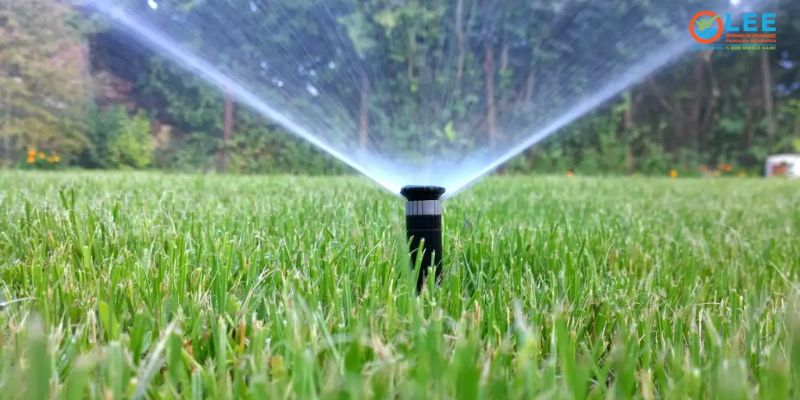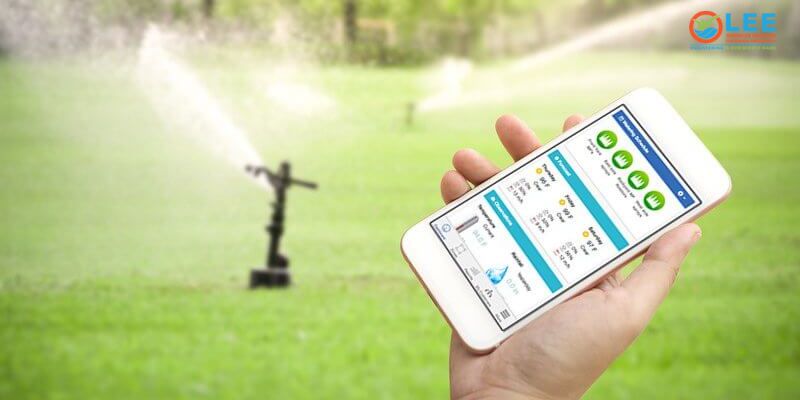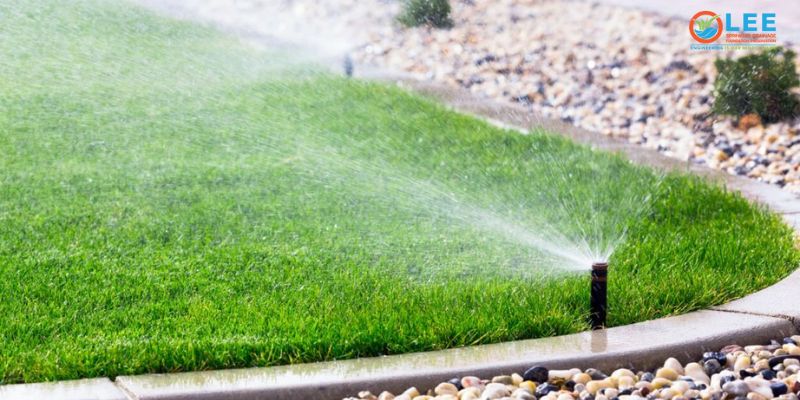In an era where water conservation and sustainability are becoming increasingly important, upgrading irrigation systems is crucial to achieving these goals. Sprinkler systems play a pivotal role in maintaining lush landscapes, but outdated or inefficient systems can result in unnecessary water waste and higher maintenance costs. This article will explore the importance of upgrading sprinkler systems, the potential benefits of modernizing irrigation technology, and how these upgrades can lead to significant water savings and reduced maintenance expenses.
The Need for Sprinkler System Upgrades

Traditional sprinkler systems, marked by fixed spray patterns and manual timers, must be updated and more efficient in the face of evolving water conservation demands. These antiquated systems often need more precision, leading to overwatering, uneven distribution, and increased maintenance needs. As global concerns about water scarcity and environmental sustainability intensify, upgrading sprinkler systems has never been more urgent.
Outdated systems contribute significantly to water wastage, a critical issue in regions grappling with drought conditions and stringent water restrictions. The lack of adaptability in these systems means they cannot respond dynamically to changing weather conditions or varying soil types. Consequently, landscapes suffer from insufficient or excessive watering, compromising plants’ health and the environment’s integrity.
In light of these challenges, upgrading sprinkler systems is a practical and responsible solution. Modern technologies, such as smart controllers and precision nozzles, offer a level of efficiency and adaptability that traditional systems cannot match. By acknowledging the pressing need for these upgrades, property owners can proactively address water conservation concerns while ensuring the sustainability of their landscapes.
Benefits of Sprinkler System Upgrades
Water Efficiency: Precision and Smart Technology

One of the primary advantages of upgrading sprinkler systems is improving water efficiency. Modern sprinkler technologies, such as smart controllers and precision nozzles, enable precise water distribution based on soil type, weather conditions, and plant requirements. Smart controllers can be programmed to adjust watering schedules automatically, optimizing water usage and preventing overwatering.
Precision nozzles, equipped with advanced spray patterns, ensure water is delivered directly to the target areas, minimizing wastage caused by overspray or runoff. These upgrades contribute to water conservation and help landscape owners adhere to local water regulations and restrictions.
Reduced Water Bills: Cost Savings
Upgrading sprinkler systems can lead to substantial cost savings by reducing water bills. Modern systems’ increased efficiency and precision mean that landscapes receive the right amount of water without excess runoff, leading to lower water consumption. In the long run, this results in significant financial savings for property owners and managers.
Furthermore, some regions offer incentives or rebates to install water-efficient irrigation systems. Taking advantage of these programs can further offset the upfront costs of sprinkler upgrades, making them a financially sound investment.
Improved Plant Health: Targeted Irrigation
Outdated sprinkler systems often result in uneven watering, leading to areas of the landscape receiving too much or too little moisture. This imbalance can adversely affect plant health, making them susceptible to diseases and pests. Upgrading to precision irrigation systems ensures that each landscape area receives the appropriate amount of water, promoting healthier plant growth and reducing the risk of plant-related issues.
Lower Maintenance Costs: Advanced Monitoring and Control
Traditional sprinkler systems require frequent manual adjustments and are prone to wear and tear, leading to increased maintenance costs. Modern sprinkler upgrades often include advanced monitoring and control features, allowing remote management and real-time diagnostics. Smart controllers can detect leaks or malfunctions and alert users immediately, reducing the likelihood of extensive damage and minimizing maintenance expenses.
Additionally, using durable materials and components in modern sprinkler systems contributes to their longevity, lowering the need for frequent repairs or replacements.
Environmental Impact: Sustainability and Conservation
As global concerns about climate change and environmental sustainability continue to grow, the role of landscaping in water conservation cannot be overstated. Upgrading sprinkler systems to eco-friendly and water-efficient technologies aligns with broader efforts to reduce our ecological footprint. By implementing these upgrades, property owners can contribute to the preservation of water resources and demonstrate a commitment to sustainable practices.
Enhanced Water Management: Zone-Based Irrigation
Sprinkler system upgrades often include the implementation of zone-based irrigation, allowing for customized watering schedules and durations for different landscape areas. This ensures that each zone receives water based on specific needs, accounting for variations in sunlight exposure, soil type, and plant requirements. Zone-based irrigation optimizes water distribution, preventing under- or overwatering in particular landscape regions. This fine-tuned approach promotes water efficiency, contributes to healthier plants, and improves overall landscape aesthetics.
Remote Accessibility and Monitoring: Smart Technology
Modern sprinkler system upgrades often come with smart technology features enabling remote accessibility and monitoring. Property owners and managers can control and monitor their irrigation systems using smartphone apps or web interfaces. This convenience allows real-time adjustments to watering schedules, ensuring that landscapes remain adequately irrigated even when unexpected weather changes occur. The ability to remotely monitor the system’s performance also aids in identifying and addressing issues promptly, reducing the risk of water waste and minimizing the need for on-site maintenance.
Conclusion
In conclusion, maximizing the benefits of sprinkler upgrades is a multifaceted approach that encompasses water conservation, cost savings, and environmental responsibility. Adopting smart technologies, precision irrigation, and advanced monitoring and control systems can transform traditional sprinkler systems into efficient, eco-friendly tools for maintaining lush landscapes.
Property owners and managers should consider the long-term advantages of sprinkler upgrades regarding water and cost savings, promoting healthier plants, and contributing to broader environmental conservation efforts. By investing in modern sprinkler technologies, we can create aesthetically pleasing landscapes that are sustainable and responsible for their water usage.

